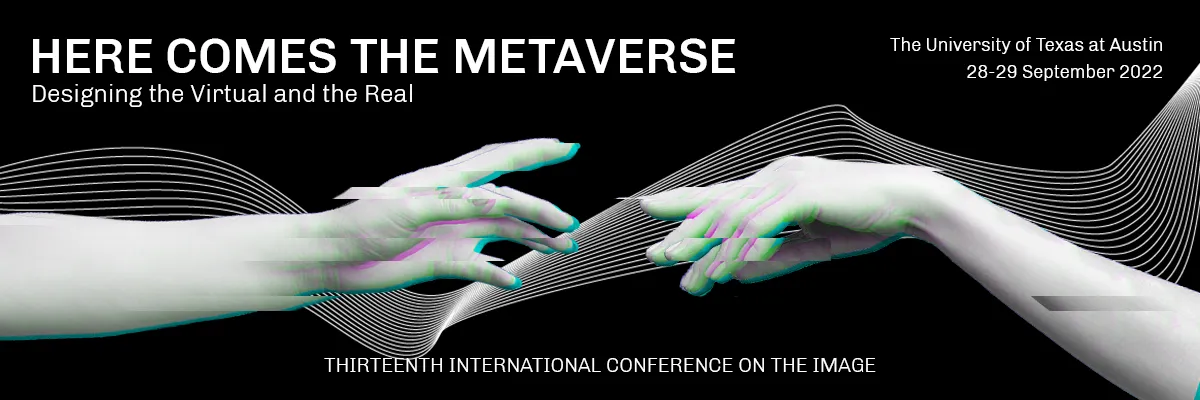Reflections on the Image Conference
This past week, I presented my research at the Thirteenth International Conference on The Image on September 28th and 29th at The University of Texas at Austin.
I want to summarize the feedback I received from expert-peers to solve the image manipulation crisis. And I want to give you the opportunity to read — or re-read — the articles behind the presentation.
I also invite you to give your feedback! Social change takes effort. No one person can decide these complex issues.
Art Ethics: Mister Fake Wakes Me
How I Became Obsessed with the Image Manipulation Crisis (Part 1 of 5)
Art Ethics: Image Manipulation- The Good, The Bad, and President Lincoln’s Head
Part 2 of a 5 part series
Art Ethics: Grinning Assassin–The Societal Threat of Image Manipulation
Part 3 of 5 in the series
Art Ethics: Sirens and Gavels
The Legal Solutions to Image Manipulation (Part 4 of 5)
Art Ethics: Carry the Weight–Personal Responsibility for Image Manipulation
Part 5 of 5
As for the feedback, let me summarize:
- Who cares? It’s just a bit of fun. Image manipulation is creative. My retort: We all must care. We must define art versus fact. I realized those who brushed off the issue failed to appreciate Article 3 and the societal threats image manipulation causes. We cannot be so irresponsible and cavalier against actual harm.
- Let AI handle it. Algorithms can identify and mark manipulated images. Sure, they can. I, too, considered that solution (Articles 4 and 5). Here’s the issue: People program AI. So the subjectivity remains. And AI, even if it’s a learning algorithm, cannot be trusted to act ethically. In fact, AI is used precisely to manipulate the viewer. I ask: Why are we so quick to shift responsibility to computers? James Bridle’s TedTalk will make you think twice about shifting responsibility. I also strongly suggest you watch Maddie Cugno’s TedTalk.
- Personal responsibility. I found photo-journalists to take this position more often than not. (Article 5) They know manipulating a newsimage is misleading and harmful to society — and democracy. Lawyers prefer to legislate that personal responsibility — and as a lawyer, I’m not against that idea. But I’m wary: When we need, as a society, to pass laws, we prove we are unethical creatures who need to be controlled.
I leave you with this thought: Where are we going ethically with our new technology? Are we being our best selves? I argue we are not. We must do better.
What are your thoughts? Please comment — or email me (christy@christyaschmidt.com) so I can continue my research and gather insight.
Thanks!



